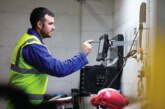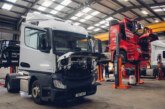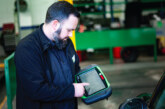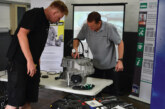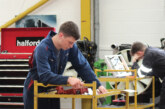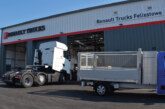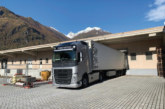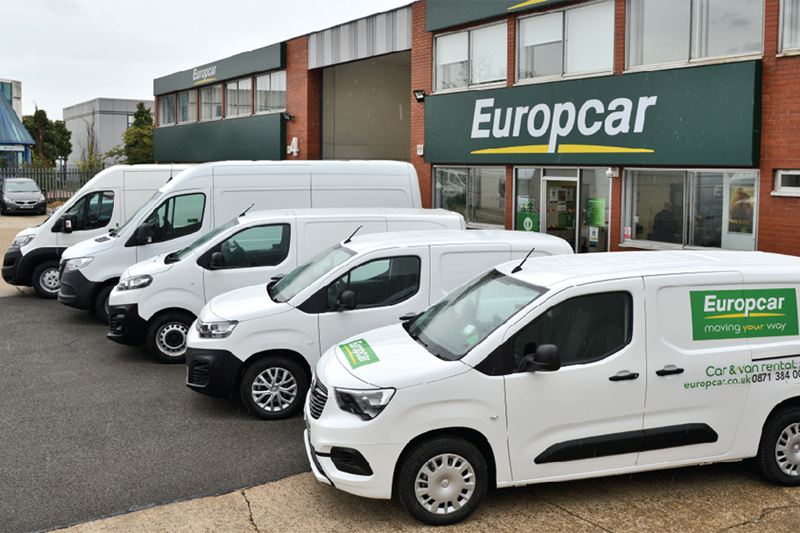
James Roberts, Business Development Director – Insurance for Europcar Mobility Group UK, looks at how flexible rental solutions can solve workshop backlogs if there are not enough courtesy vehicles to go around, and how it can take the risk out of vehicle downtime.
A good bodyshop or workshop has two customers they must satisfy: the fleet vehicle that requires fixing and insurers paying for repairs. Keeping both happy isn’t always easy, and right now – with shortages as well as skills gaps impacting every part of the automotive supply chain – it’s especially difficult.
With the shortages expected to continue well into 2022, and perhaps even beyond, and traffic levels already exceeding pre-pandemic levels, the knock-on effect on bodyshops is considerable. More traffic increases the chances of there being more accidents and, for the hard-pressed workshops, trying to keep customers on the road with replacement vehicles following an accident is fraught with ‘potholes’.
As we head into the winter months, workshops need to be made aware of the option of having a courtesy fleet on hand for customers. But, for many operations, the prospect of capital outlay for the purchase of vehicles for customer use, or signing up to lengthy lease contracts doesn’t have much appeal. The last 18 months have made planning challenging, with business owners rightly cautious of making commitments that remove their flexibility to up or down scale as needed.
However, without reliable and quality courtesy vehicles, operators are left with a hole in their fleets. Downtime, when vehicles are in a workshop for repairs, servicing, or maintenance, can severely hinder business success and could mean a customer goes elsewhere if they’re not offered a replacement vehicle that can do the job in the interim.
A solution that is being adopted by a number of bodyshops and garages to supplement their existing owned or leased courtesy fleet is long term rental. This gives a bodyshop vehicles that they can keep on site for customer use, without the usual hassle of vehicle ownership.
Good business sense
It makes good business sense because it means a workshop doesn’t have to tie up cash in vehicle purchase or commit to a lengthy lease. It also means the workshop has access to vehicles for their customers that are fit for purpose, that are relatively new and well maintained, and which feature the latest technology. Working with a partner with a comprehensive fleet of vans and specialist vehicles gives the confidence that the right vehicle for the job can be provided.
Flexible access to rental vehicles not only allows bodyshops and workshops to deliver a positive customer experience, but helps to control costs and reduces the risk of not being able to meet customer demand.
And right now, there is another advantage to working with a vehicle replacement partner that has reliable supply chain connections. The lengthy delays on parts supply is another headache workshops want to avoid. Working with a vehicle rental partner that already has vehicles on its fleet means certainty of supply to keep a workshop’s courtesy fleet ready to meet customer needs.
The pandemic and its consequences have shown us how important it is for all businesses to remain as adaptable and agile as possible.

